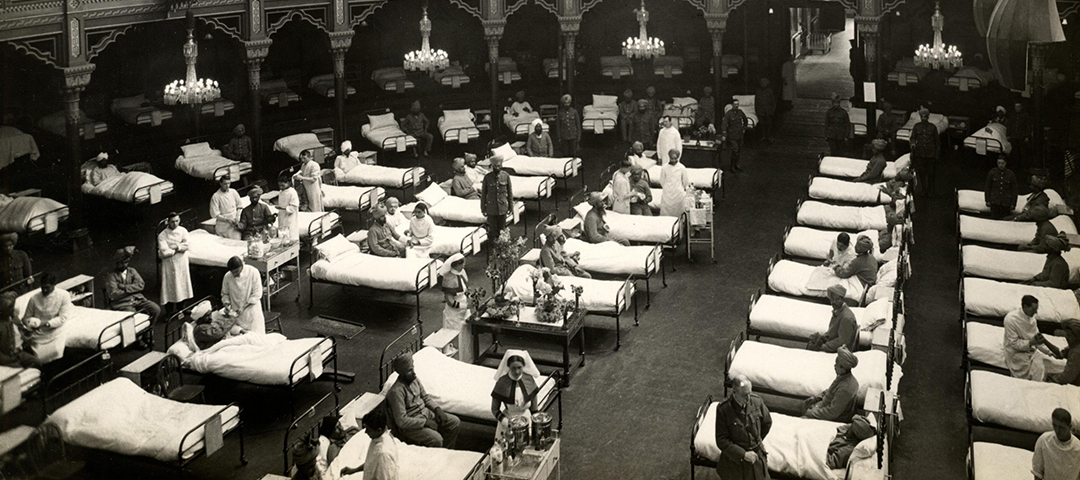Covid-19 has forced governments and healthcare workers around the world to make difficult and painful decisions about whose care to prioritise and how. Arts and Humanities researchers provide vital insight and scrutiny into the ethical dimensions of these decisions. In this blog post Dr Vivek Bhatt, Postdoctoral Research Associate for the AHRC-funded project ‘Ensuring Respect for Human Rights in Locked-Down Care Homes’, outlines some of the findings of the Essex Autonomy Project’s work investigating triaging decisions from the perspective of human rights.
By Dr Vivek Bhatt, 10th May 2021
The COVID-19 pandemic has seen many hospitals around the world run out of ICU beds and critical supplies such as oxygen, with frontline workers forced to decide who should be prioritised for potentially life-saving treatment. This decision-making process is referred to as ‘triage.’ The practice of triage began during the Napoleonic wars and developed further during the two world wars, with the implementation of systems for sorting and prioritising wounded soldiers for treatment. As recent events have shown, triage decisions are equally difficult, and just as often painstaking, in the context of COVID-19. In Ontario, Canada, a spike in ICU admissions for COVID-19 treatment may soon force doctors to activate triage policies that provide a matrix for deciding who should be allocated the few remaining ICU beds in the province. And hospitals in India, where oxygen is in short supply, have set up ‘war rooms’ in which clinicians try to decide who should be prioritised for ventilation.



